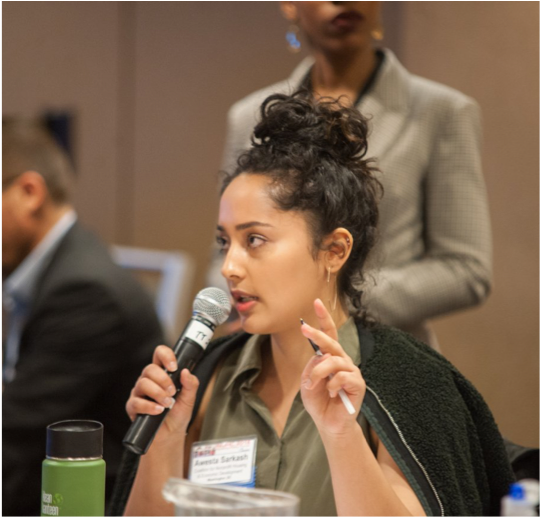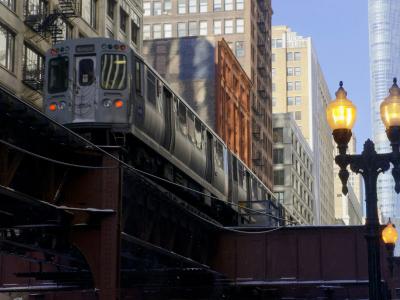-
State Data Overview
Across Minnesota, there is a shortage of rental homes affordable and available to extremely low income households, whose incomes are at or below the poverty guideline or 30% of their area median income. Many of these households are severely cost burdened, spending more than half of their income on housing. Severely cost burdened poor households are more likely than other renters to sacrifice other necessities like healthy food and healthcare to pay the rent, and to experience unstable housing situations like evictions.
KeyFacts165,790Or26%Renter households that are extremely low income-101,209Shortage of rental homes affordable and available for extremely low income renters$34,230Average income limit for 4-person extremely low income household$58,711Annual household income needed to afford a two-bedroom rental home at HUD's Fair Market Rent.69%Percent of extremely low income renter households with severe cost burden -
State Level Partners
NLIHC Housing Advocacy Organizer

Thaddaeus Elliott
State PartnersMinnesota Coalition for the Homeless
2233 University Avenue West
Suite 423 St. Paul, MN 55114
P 651-645-7332
F 651-645-7560
www.mnhomelesscoalition.org/Matt Traynor
Interim Executive Director
[email protected]Minnesota Housing Partnership
2446 University Avenue West
Suite 140 Saint Paul, MN 55114
P 651-649-1710
F 651-649-1725
www.mhponline.orgAnne Mavity
Executive Director
[email protected]Elizabeth Glidden
Deputy Executive Director
[email protected]Libby Murphy
Director of Policy
[email protected]Become an NLIHC State Partner
NLIHC’s affiliation with our state coalition partners is central to our advocacy efforts. Although our partners' involvement varies, they are all housing and homeless advocacy organizations engaged at the state and federal level. Many are traditional coalitions with a range of members; others are local organizations that serve more informally as NLIHC's point of contact.
Inquire about becoming a state partner by contacting [email protected]

-
Housing Trust FundHTF Implementation Information
NLIHC continues working with leaders in each state and the District of Columbia who will mobilize advocates in support of HTF allocation plans that benefit ELI renters to the greatest extent possible. Please contact the point person coordinating with NLIHC in your state (below) to find out about the public participation process and how you can be involved.
Current Year HTF Allocation$10,497,206
HTF State Resources2019
Draft Action Plan with draft HTF Allocation Plan, pages 71-81 (PDF)
2019
Annual Action Plan with HTF information starting on page 72 (PDF)
2017
Draft 2017 HTF Allocation Plan (PDF)
Comments submitted by Minnesota Housing Partnership (PDF)
Announcement of public comment period and hearing (PDF)
2016
HUD Approved Allocation Plan (PDF)
Draft HTF Allocation Plan by Minnesota Housing Finance Agency dated May 20, 2016 (PDF)
Comment letter submitted by Minnesota Housing Partnership dated June 22 (PDF)
State Designated EntityState Entity Webpage
Minnesota HousingOfficial Directly Involved with HTF ImplementationAaron Keniski
Program Manager
Minnesota Housing Finance Agency
[email protected]Rachel Ganani
Director of Federal Affairs
Policy and Community Development
651-297-3120
[email protected]NHTF-related Pages
NHTF and HOME Page
Deferred Loan and Grant Programs
Multifamily Consolidated Request for Proposals
Some Annual Action Plans -
ResourcesResources
Housing Profiles
State Housing Profile
State Housing Profile: Minnesota (PDF)
Congressional District Housing Profile
Congressional District Profile: Minnesota (PDF)
Research and Data
National Housing Preservation Database
The National Housing Preservation Database is an address-level inventory of federally assisted rental housing in the United States.
Out of Reach: The High Cost of Housing
Out of Reach documents the gap between renters’ wages and the cost of rental housing. In Minnesota and Nationwide
The Gap: A Shortage of Affordable Rental Homes
The Gap represents data on the affordable housing supply and housing cost burdens at the national, state, and metropolitan levels. In Minnesota and Nationwide
Explore Other States
